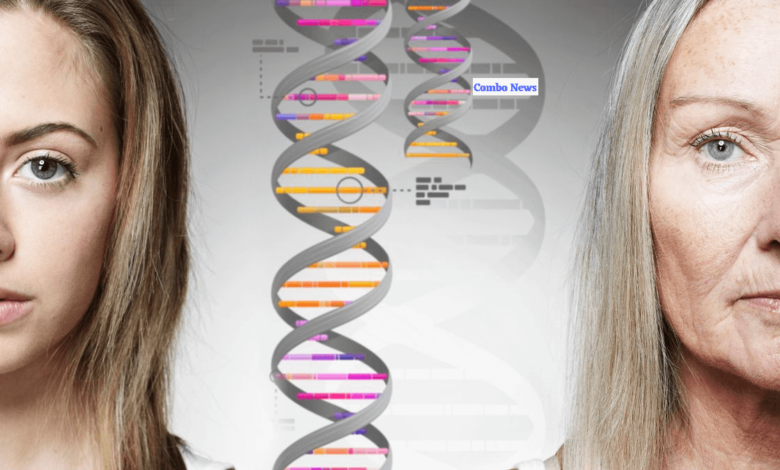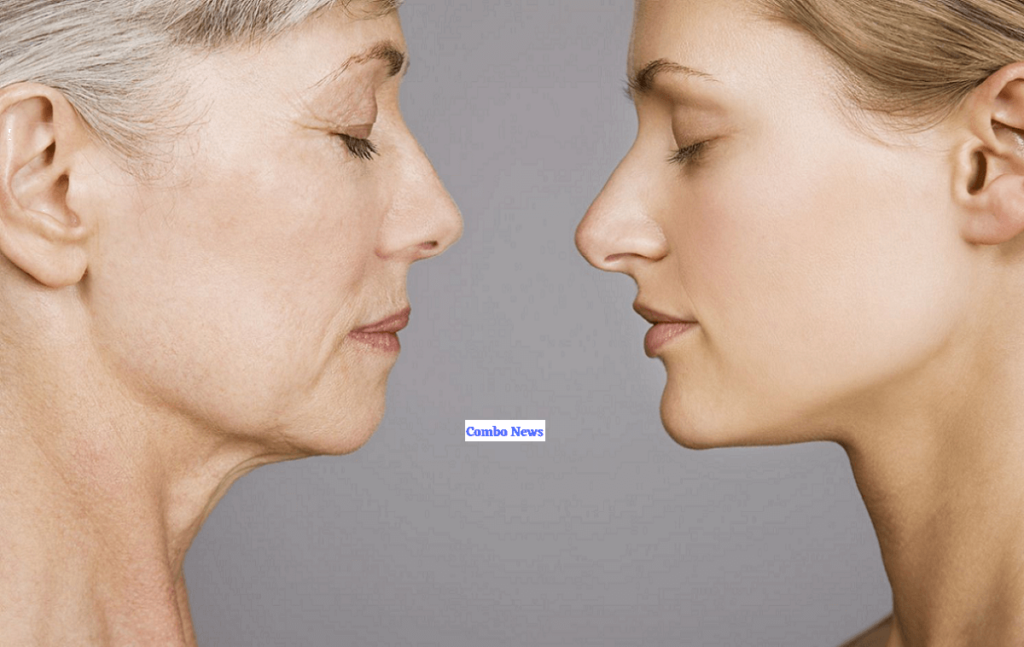Reverse Ageing, Revitalise Human Cells: Scientists Find Six Chemical Cocktails

Chemically induced Reverse Ageing: Previously, only potent gene therapy could reprogram cells to assume a younger state. This is the first chemical method to do so.
Scientists have found several compounds that can renew human cells and stop human ageing. It was previously only feasible to reprogramme cells to a younger state using potent gene therapy. This is the first chemical method to do so. Harvard Medical School experts carried out the study, and it was just released in the journal Reverse Ageing.
Induced pluripotent stem cells, which are cells that have been reprogrammed from somatic cells into embryonic-state cells capable of creating any cell, can be created when specific genes, known as Yamanaka factors, are expressed in an individual’s body. The Nobel Prize in Physiology or Medicine for 2012 went to researchers John B. Gurdon and Shinya Yamanaka for this discovery. The genes were given Yamanaka’s name.

Why chemical Reverse Ageing is a better technique than age reversal through gene therapy
However, the question of whether it is feasible to safely stop cells from ageing and prevent them from becoming too young and developing cancer has long been up for debate.
This issue was addressed in the recent study. In addition to developing specific methods to distinguish between youthful cells and old, senescent cells, researchers looked for chemicals that may Reverse Ageing and rejuvenate human cells. They discovered six chemical concoctions that can stop cells from ageing and returning to their young selves in less than a week.
The Harvard scientists had previously demonstrated that the viral injection of certain Yamanaka genes into cells may Reverse Ageing without promoting unchecked cell proliferation. When used on mice, this approach did actually provide encouraging outcomes. Their longevity rose, and their vision was better. Researchers have also examined the kidney, muscles, optic nerve, and brain tissue, with encouraging findings.
Also Read: Get Enough Vitamin D Without Increasing Skin Cancer Risk, From A Derm
Significance of the new study
The latest study, which demonstrated how chemical concoctions might slow down the ageing process, is significant because it offers new opportunities for regenerative medicine and whole-body rejuvenation.
A breakthrough in the treatment of ageing, injuries, and age-related illnesses will come from the chemical alternative to gene therapy, which will also be a cheaper and quicker fix for these issues.
David A. Sinclair, the project’s main scientist, stated in a statement published on the official website of the Ageing journal that until recently, the most researchers could do was slow ageing, but recent findings show we may be able to Reverse Ageing it. Age reversal was formerly restricted from being used widely because it needed gene therapy.
He said that the new finding has a lot of promise, including the capacity to successfully cure age-related ailments, improve vision, and Reverse Ageing with a single tablet.
In order to conduct the study, the scientists genetically altered mice to age quickly. One mouse was given a 150 percent age increase over its sibling. The novel medication was tested on mice with the intention of determining its efficacy.
FAQs
Is it possible to reverse the aging process?
According to a study, humans can slow down ageing but not fully reverse it.
How science is reversing aging?
According to a 2022 article in the journal Signal Transduction and Targeted Therapy, epigenetic reprogramming has already been shown to improve ageing symptoms and/or lengthen longevity in animals.
Is it too late to reverse aging?
Simply put, there is no specific age that can be used to determine when to stop receiving anti-aging treatments. Everyone ages differently and at a different rate, in actuality. Having said that, there comes a time in each of our lives when anti-aging remedies and practises just stop working.
Also Read: Women live longer than men: The science of longevity








